It’s back-to-school season. For kids, it’s back to classrooms, playgrounds, and the give and take of school friendships. It’s also the month when I expect we’ll be reminded of exclusionary attitudes toward disability.
The US Secretary of Health and Human Services, Robert F. Kennedy Jr., believes autistic individuals are disabled by their autism. “This is an individual tragedy as well. Autism destroys families. More importantly, it destroys our greatest resource, which are [sic] our children. These are children who should not be suffering like this.” (April 16, 2025) He also promised to announce a study into the causes of autism in September. I’m bracing myself for more offensive rhetoric.
It consoles me to contrast his attitude with my son’s elementary school friends and the inclusion they created with play and friendship.
My Son’s School Proved Autism Creates Communities, Doesn’t Destroy Families
In grade four, when Ges’s physical impairments made it impossible to keep up with schoolyard games, two-thirds of the grade four students, forty-some kids, came together to reorganise recess and include everyone. Ges (“Jess”), his friends, and kids who didn’t know him well used their ideas to create a welcoming space on the playground where everyone could join. There were no negotiations to have things one person’s way, no jealousies over who was hanging out with whom… just no playground politics.
This gave shy kids chances to take on leadership roles. It encouraged everyone to be helpful and to take interpersonal risks, fostering feelings of success and belonging. It made everyone feel good, including Ges. Its spirit of inclusiveness spread throughout the whole school, so over the years, a culture of kindness and patience thrived in all the grades.
This meant there was no place for bullies in the school or their club, Club G.
To them, Ges was different, like being right-handed or left-handed. Or like running fast or slow. Blue eyes versus brown eyes. Using voice output software on your iPad, or speaking with your voice. Liking pizza or not. There was no judgment. No one was “suffering.” No one felt “destroyed.” Quite the opposite.
Club G kids always had the potential to be fully compassionate, but they needed Ges to help uncover it and provide a space for its expression. My autistic son enhanced their social-emotional learning. They thought they were helping him, but he was helping them, too.
Autism Isn’t a Tragedy; Attitudes like Mr. Kennedy’s Are
Mr. Kennedy doesn’t get it. Yes, my son has a health condition, FOXG1 syndrome, with impairments that make his mind and body work differently. But this reality does not disable him — Mr. Kennedy’s ableist attitude does. Ges is disabled when he’s excluded, judged or pitied. He is not a tragedy. He’s a force for change and goodness.
Too bad Mr. Kennedy probably never had a Club G in his childhood.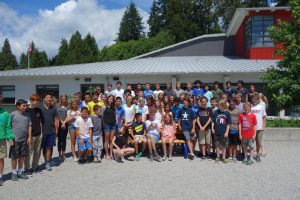

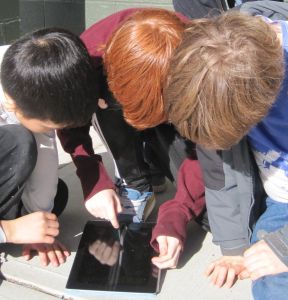
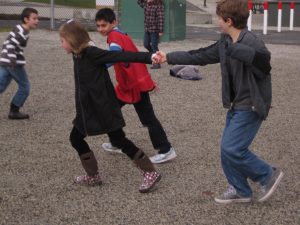
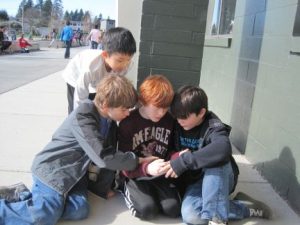
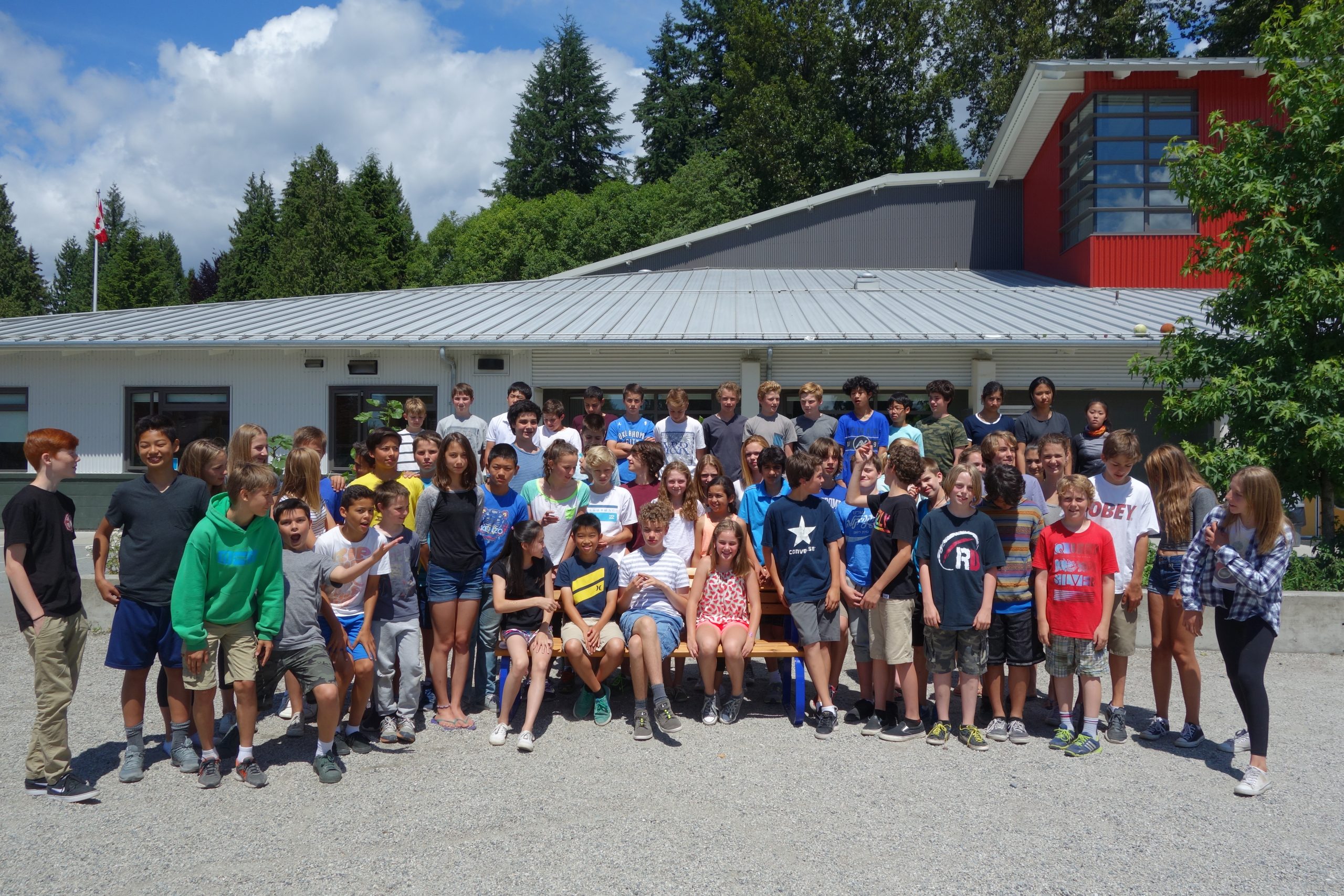

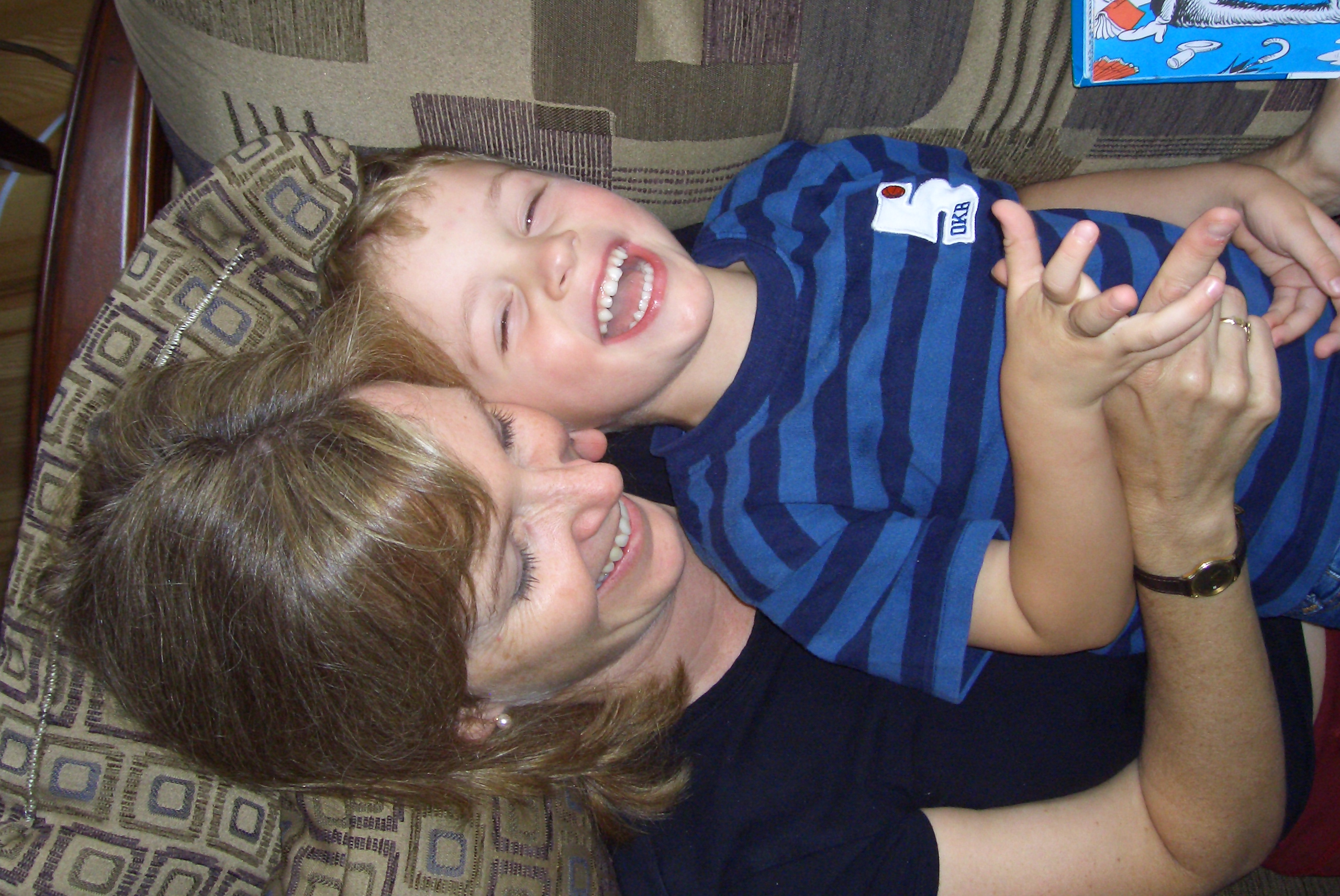
0 Comments